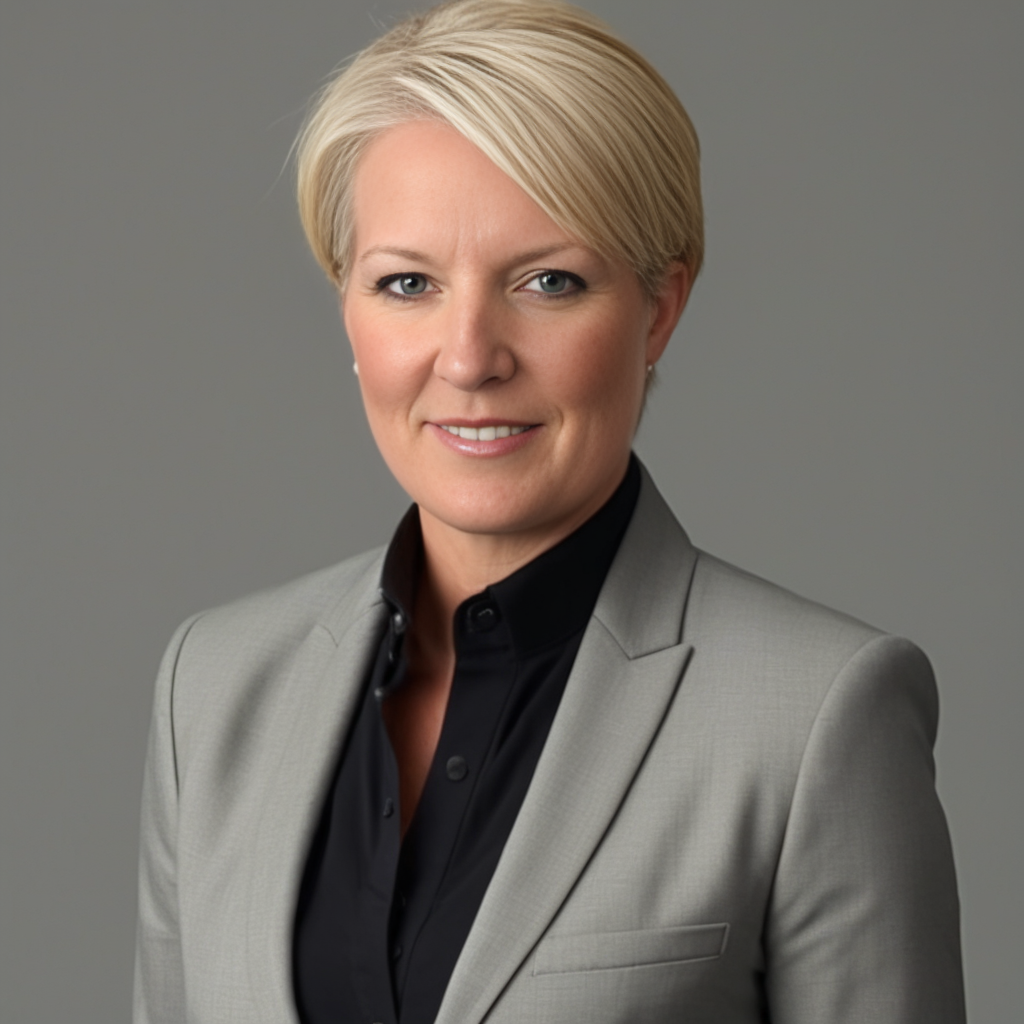Litigation Education: Incidents, Claims, and Suits – What’s the Difference?

Foreword by Kristi Wright
Now that we’ve launched our new educational blog series with a deep dive into what kind of claims matters we handle here at Curi, I'm excited to introduce you to Anissa Dougherty, a Senior Claims Consultant at Curi and our guest blogger. With her nursing background and years of advocating fiercely for healthcare providers, Anissa is the perfect guide for this topic.
Based on my experience with claims consulting as Kristi mentioned, I am often asked about the differences in claims-related actions. So, let’s jump right in and break down the three main medical professional liability (MPL) reporting categories you might encounter when dealing with unexpected patient outcomes: Incidents, Claims, and Suits.
Incidents are situations where something unexpected happens to a patient, perhaps even when there isn’t a concern about the care provided. At this stage, no one’s asking for compensation, but it's important to note that an incident could potentially escalate to a Claim or Suit.
Most medical liability policies are Claims-Made. This means they cover incidents that occur and are reported while the policy is active. This is why we encourage early reporting to Curi. This way, we can activate your coverage, and our Claims Consultant can step in to help. If you have an Occurrence policy, you have coverage for incidents that occur while the policy is active, even if they're reported after the policy is canceled.
Here’s when you should report an incident to Curi:
- A patient experiences a significant and unforeseen adverse outcome
- There’s an error or omission in care that leads to an adverse outcome
- A patient or their family expresses dissatisfaction with your treatment
- Any other event related to patient care that might lead to future litigation
Claims are formal requests for compensation or reductions in billing, either made verbally or in writing, due to a patient injury or incident. These can come from the patient, their family, or even their attorney. When you report a claim to us and your coverage has been confirmed, we’ll assign a dedicated Claims Consultant as the main contact for the claimant or their attorney. They’ll investigate, often with a medical expert experienced in the same or similar specialty, and share the results with you. Then together you would decide on the most appropriate response.
Suits, or lawsuits, are legal actions brought before a court. Their outcomes are determined by a judge or jury. A lawsuit officially begins when the claimant files a complaint and the court issues a summons. If you are served these documents, it’s crucial to report it to Curi immediately due to legal deadlines for responses. Being sued and named as a defendant in a medical professional liability case is one of the most distressing experiences for a physician. We’re here to help you navigate through these challenging situations.

Next up in our Litigation Education blog series, we’ll introduce you to the key players involved in a case, which includes a dedicated Curi team who supports a care provider throughout each step of the process. Ashley Younger, a Senior Claims Consultant in Arkansas with an extensive background in both private practice and handling medical malpractice claims, will share her insights.
For more information about navigating the litigation process, don’t miss Dr. Gita Pensa’s podcast: Doctors and Litigation: The “L” Word. And be sure to subscribe to and read all the posts in our educational series.
SHARE THIS POST
About the Author











Comments